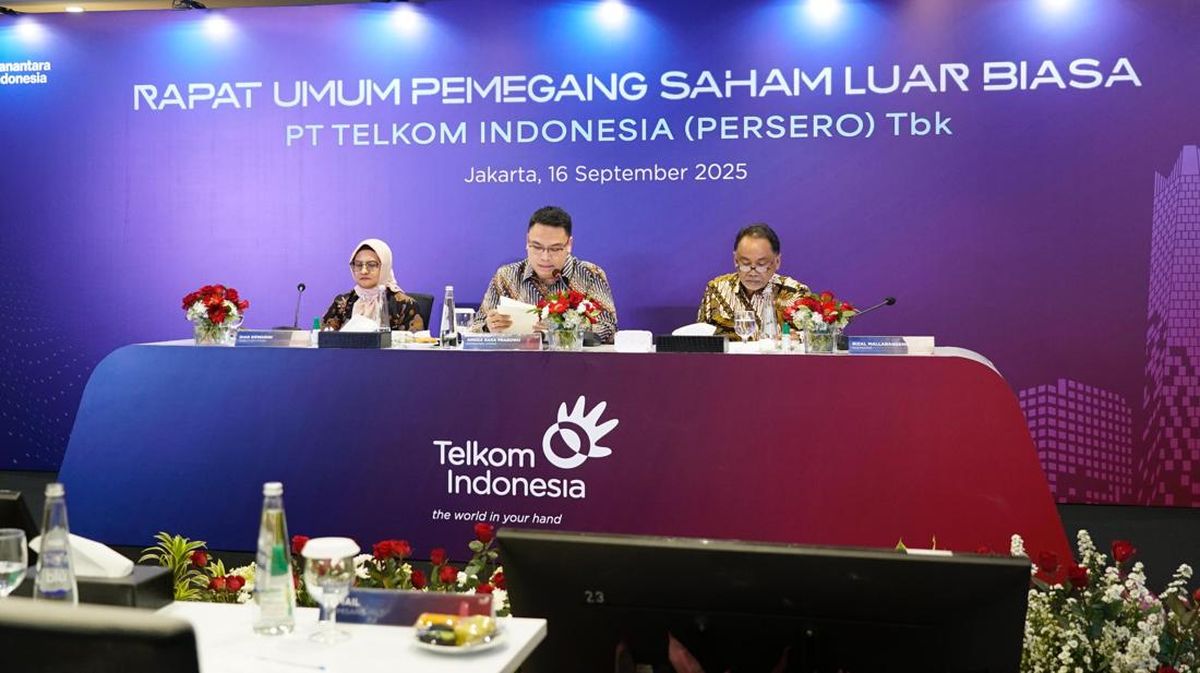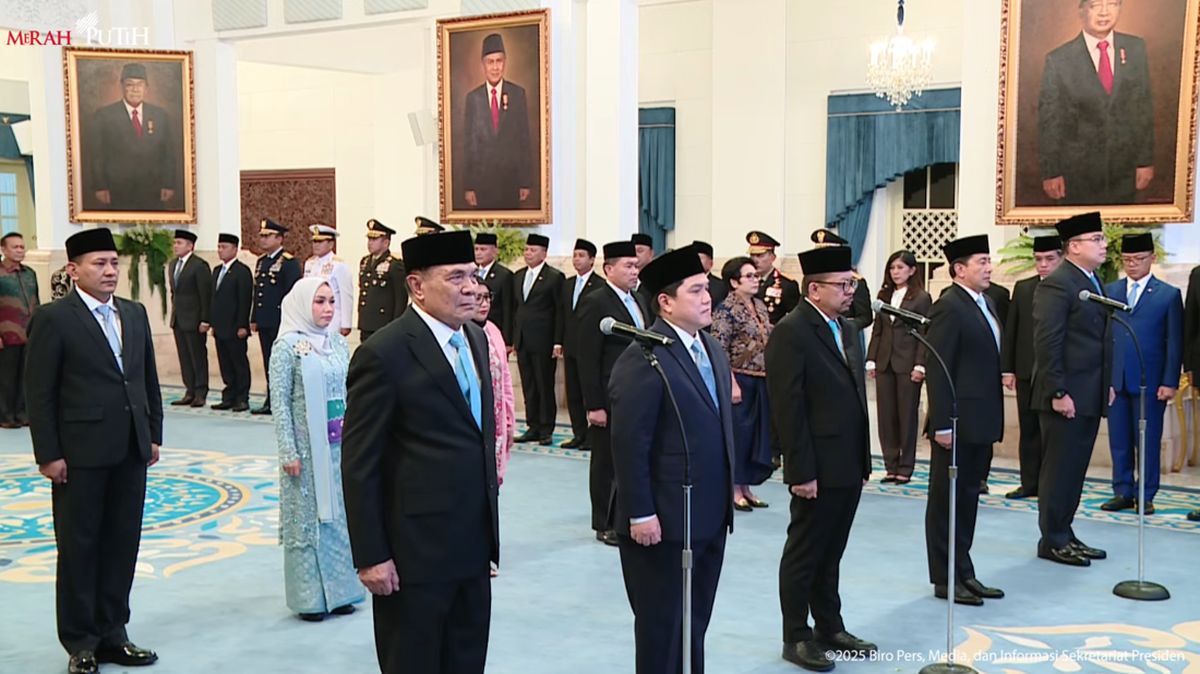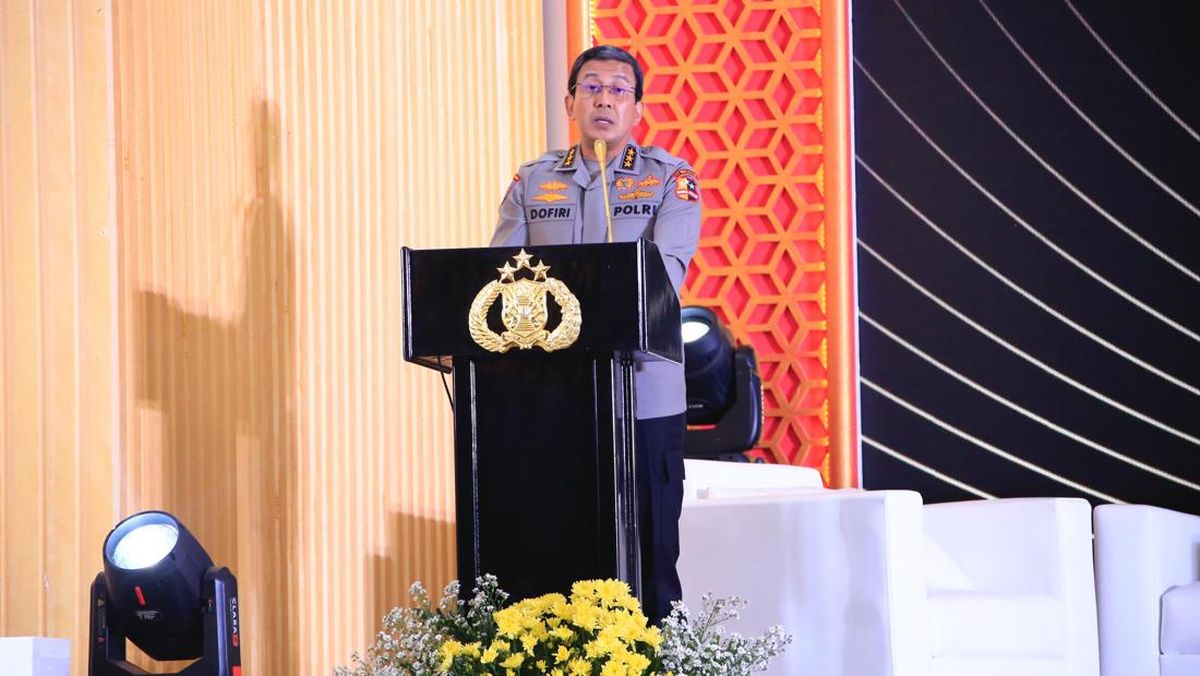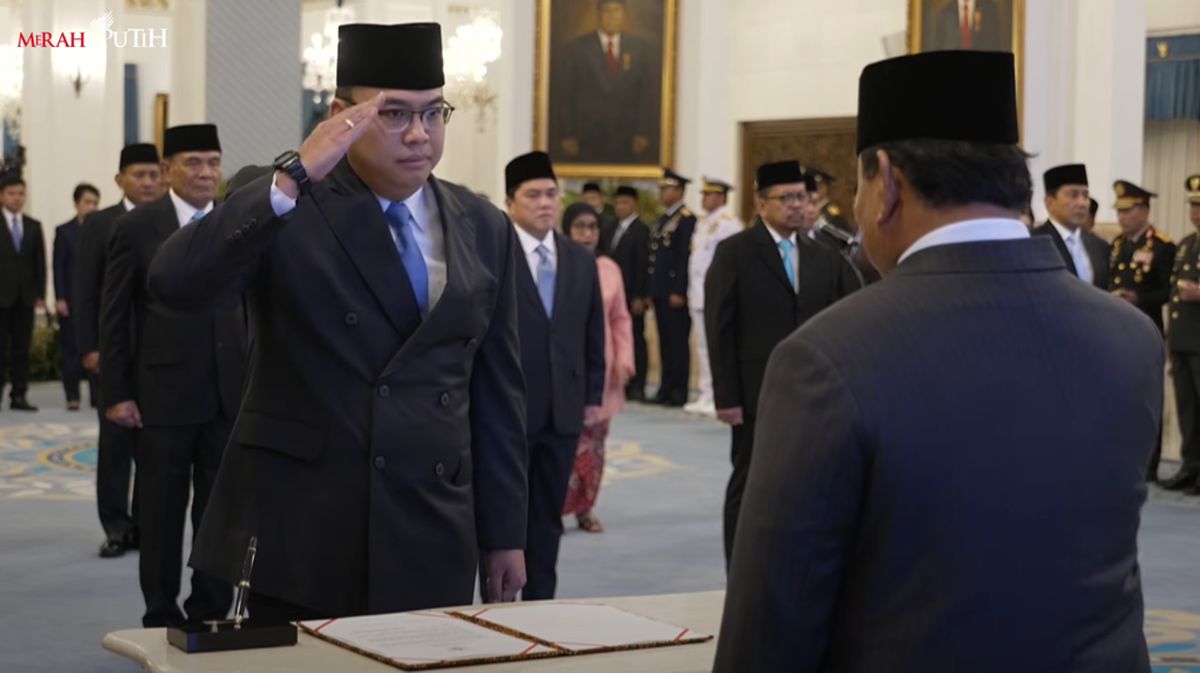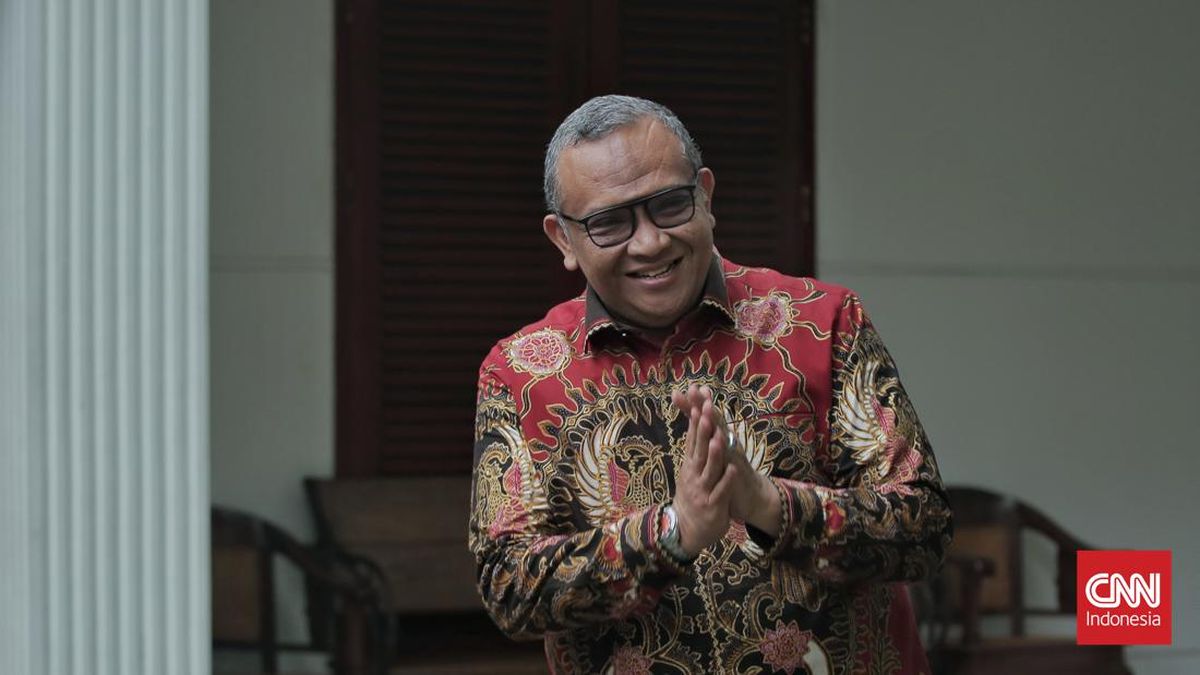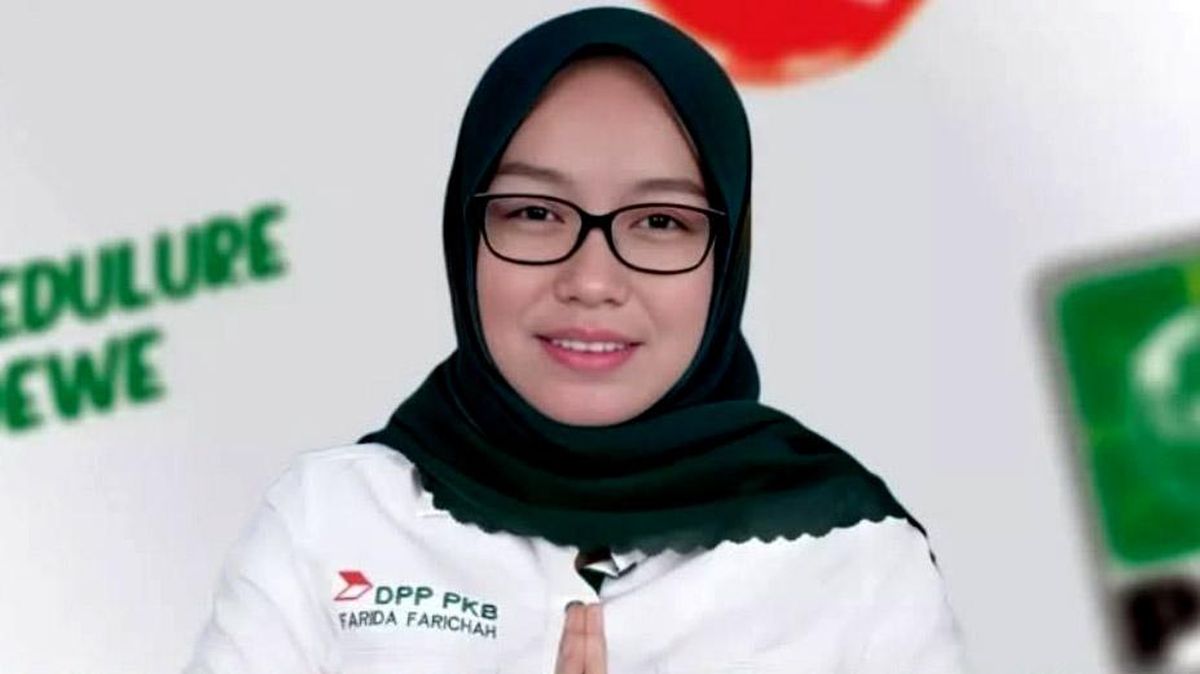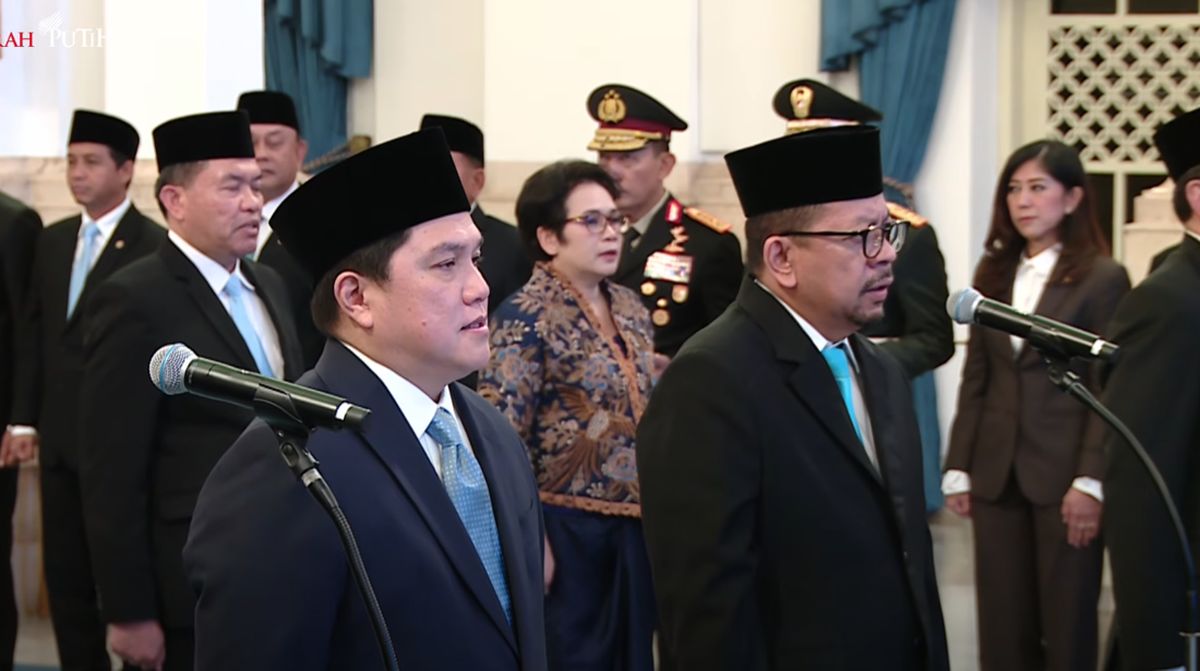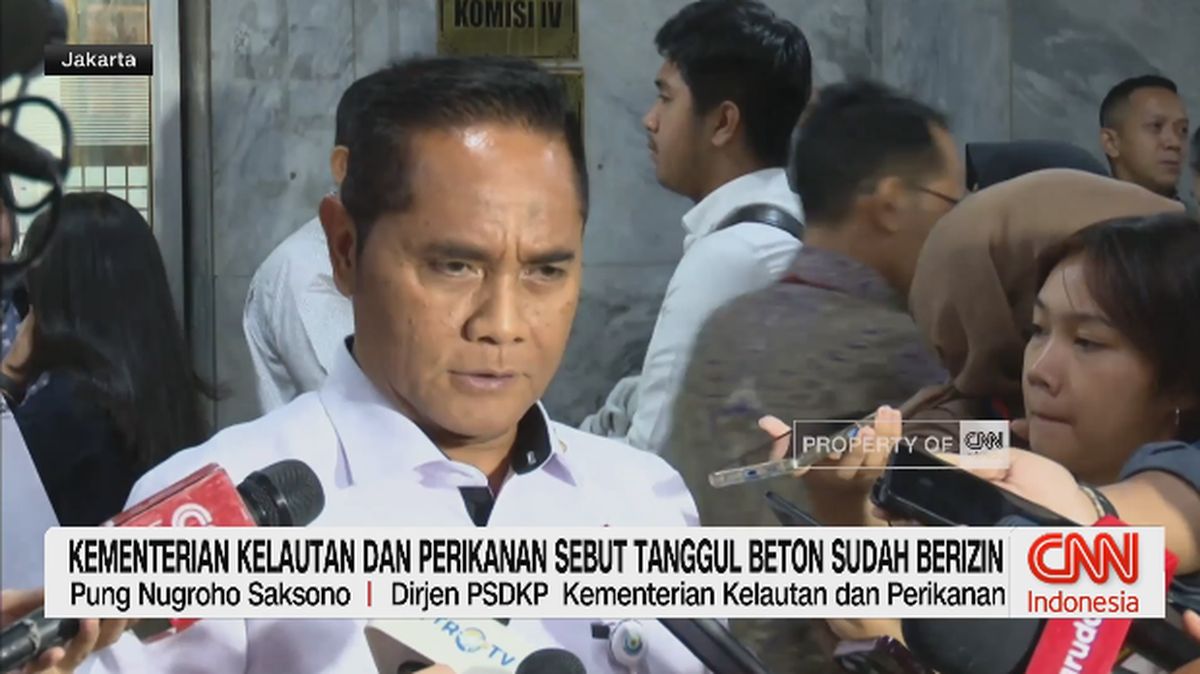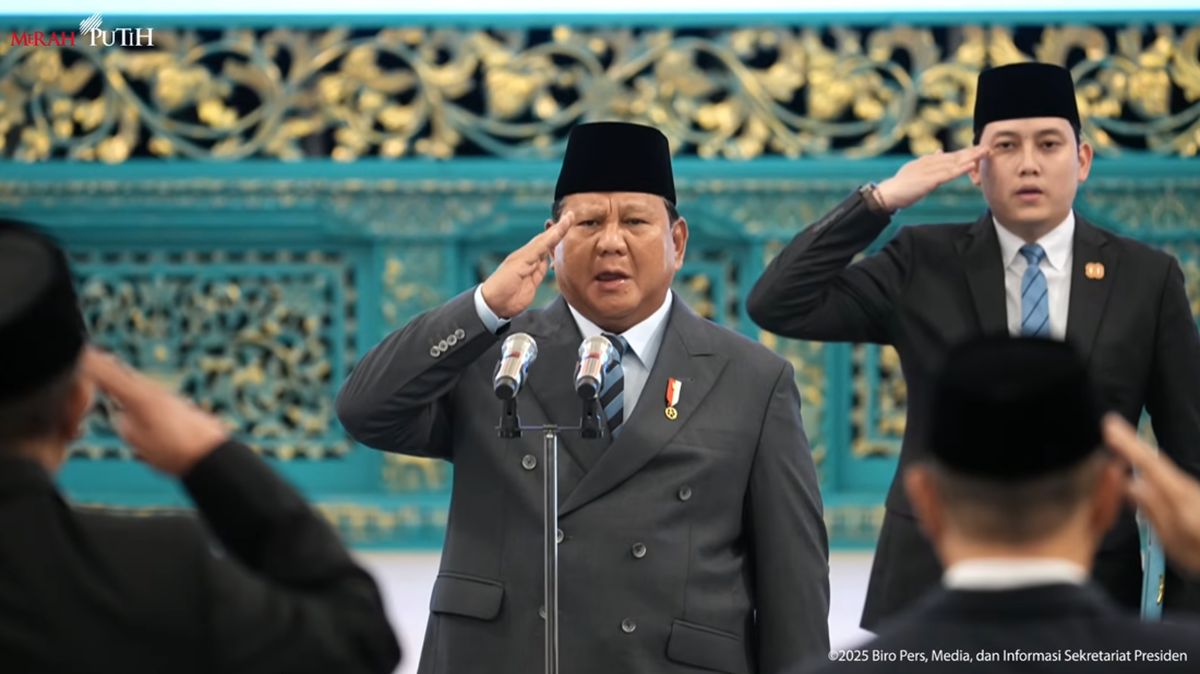By Declan Fry
July 9, 2025 — 6.00am

GRIEF
Things in Nature Merely Grow
Yiyun Li
4th Estate, $32.99
“There is no good way to state these facts,” Yiyun Li writes at the outset of Things in Nature Merely Grow. “My husband and I had two children and lost them both: Vincent in 2017, at sixteen, James in 2024, at nineteen. Both chose suicide”.
Conceived as a fictional dialogue with her late son, Li’s book for Vincent, Where Reasons End, appeared in 2019. Things in Nature Merely Grow, her attempt to describe James, is a revelation. Each book honours, in its address, the very different personalities of her two sons.
Vincent, Li writes, felt deeply. James, by contrast, was a thinker. When Vincent, long-haired and “flamboyantly handsome”, dies, James stops cutting his hair. A subdued child “who resisted drawing any attention to himself”, such acts, Li suggests, reveal how close each boy was to the other.
Li communes with James by abiding with the things he loved: geometry and Euclid, linguistic logic and Wittgenstein. Hers is an act of radical acceptance. She continues writing, continues teaching, continues gardening (gardening is a good discipline, she says, for a writer; it teaches patience). Life’s activities are time-bound. They do not compete with her loss. How could they? Her children, she writes, are timeless.

Author Yuyin Li.
Confronted by acquaintances, strangers, well-wishers and passersby, Li must consider how to speak of herself, “a mother who no longer has children”. The word “mother” becomes dissociative, its noun form politely parting ways with the verb form. She is a parent who can no longer parent.
Yet some verbs do not change. Li finds that the action “to be” remains dutifully intact: “Vincent was and is and will always be Vincent. James was and is and will always be James. We were and are and will always be their parents. There is no now and then, now and later; only now and now and now and now.”
Often she finds herself explaining her situation to those who lack the courage or ability to face it. Some friends refuse to believe loss has not also claimed some portion of Li’s essence (“not all of them treat me as the intellectual equal of my old self”, she says – a bleakly harrowing admission). One friend, astonishingly, tells Li her own child is at college and thus compares her situation to Li’s since she is unable to see the child very often. Li is stoically upbraiding (“Sometimes people want to play a part in a tragedy that is, thankfully, not theirs personally”). How brave, how abhorrent, how stark, how impossible, I thought, this clarity.
She pays homage, too, to one especially clear-eyed and delicate friend whose quotation to Li of the last stanza of Wallace Stevens’s Tea at the Palaz of Hoon provides the book’s epigraph: “I was the world in which I walked, and what I saw / Or heard or felt came not but from myself; / And there I found myself more truly and more strange.”
Loading
To stay with death, she resolves to turn to life. She becomes attentive to the ordinary act of living in “the abyss”. What has happened is incomprehensible, yet it does not ask for or require comprehension. Its only demand is to be lived with.
For Li, to turn from the abyss might entail something harder than acceptance: the pretence or illusion one has a choice. There will always be time for Vincent and James, Li writes. There will always be bulbs to be sown. Books to be read and written. Piano lessons (she favours Hanon’s The Virtuoso Pianist in Sixty Exercises, enamoured of their cheerful disregard for pleasure or musicality). I was reminded, with every passing chapter, that the distance in time between the words I was reading and the events that prompted them was hardly more than a note – sounded once and silenced.
Things in Nature Merely Grow is a seismically moving work. Contrary to what she wrote of Vincent staying “forever sixteen” in Where Reasons End, Li describes feeling that her children continue to go on, further than she would ever have wished for them to. Li’s own conclusion, in its simplicity, becomes incandescent: “I shall live in this abyss only on my terms”.
Most Viewed in Culture
Loading

